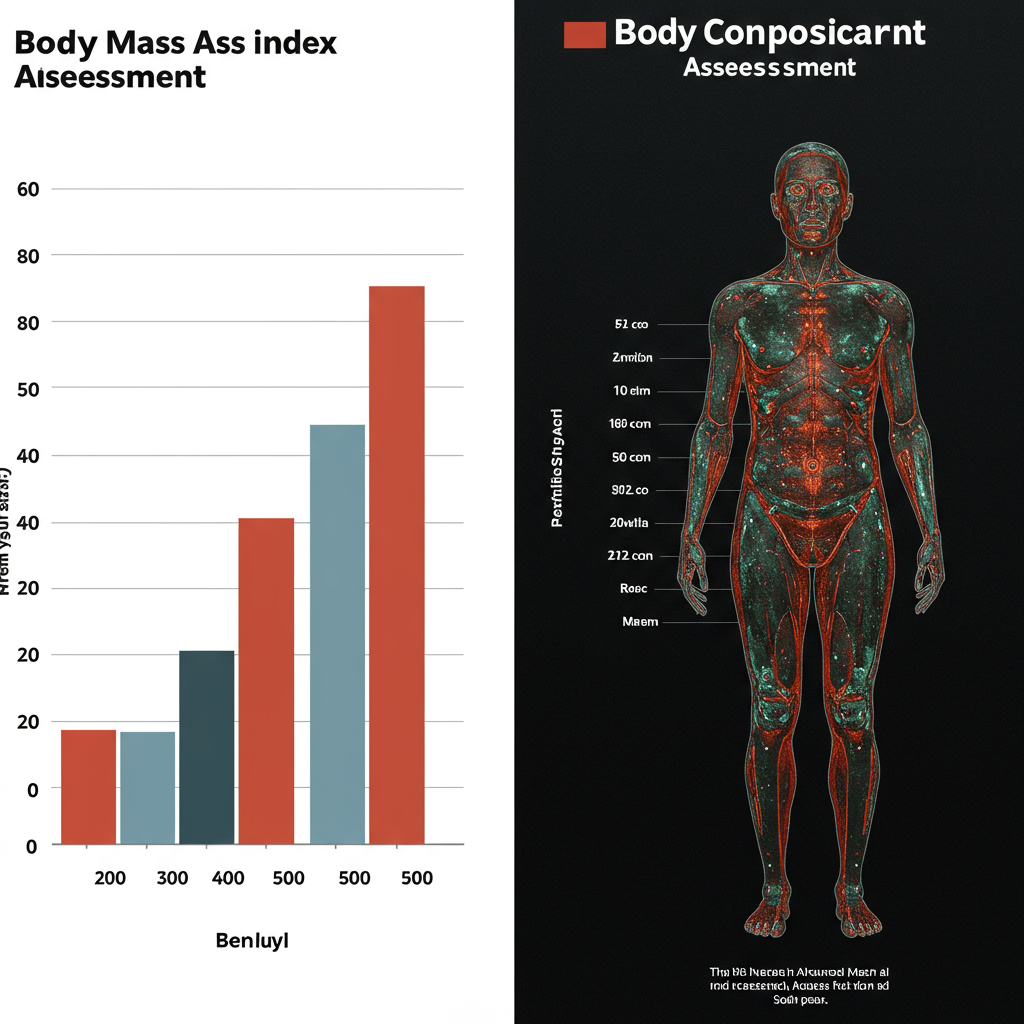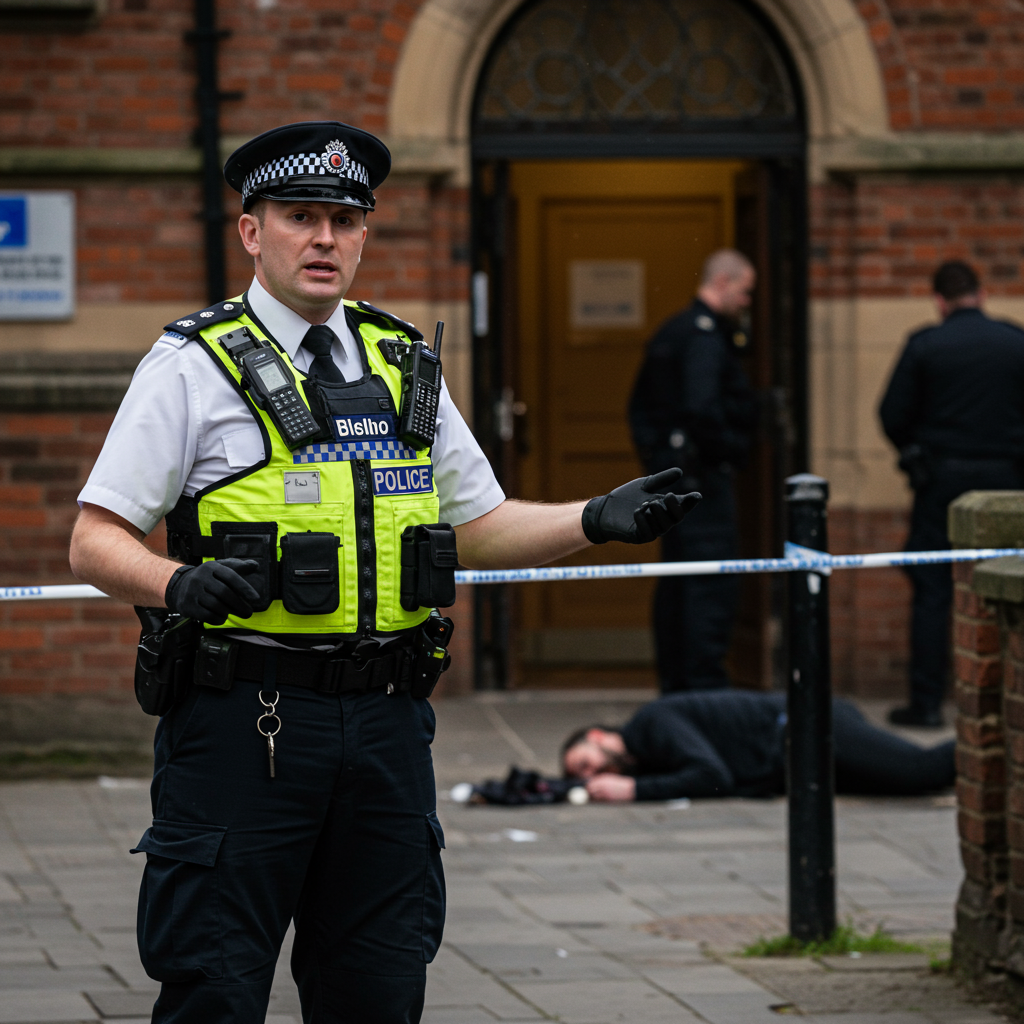South Korea’s former leader, Yoon Suk Yeol, has been taken back into custody, a major development in the legal aftermath of his failed attempt to impose martial law. This rearrest stems directly from the December 2024 event, which plunged the nation into deep political turmoil. A senior judge ordered Yoon’s detention this week, specifically citing serious concerns that the former president might try to destroy crucial evidence related to the ongoing investigation. The dramatic move unfolds years after Yoon was impeached over the controversial six-hour military order.
Former President Taken Back to Detention
The Seoul Central District Court issued the new arrest warrant on Wednesday, July 9, 2025. This decision came after a lengthy seven-hour hearing where special prosecutors presented their case against the former president and his legal team. Following the court’s ruling, Yoon was transported to the Seoul Detention Center. Sources indicate that upon arrival, he underwent standard processing, including changing into a drab green prison uniform. He also had his fingerprints and mugshot taken before being led to a solitary cell. The rearrest marks a significant moment in the country’s efforts to hold its former highest official accountable.
This is not the first time Yoon has been apprehended in connection with the crisis. He was initially arrested in January 2025 following a tense stand-off at his residence. Investigators reportedly had to scale barricades and cut through barbed wire to take him into custody during that initial incident. Yoon was released two months later, in March, after a court overturned his arrest warrant on technical grounds. Despite this release, the underlying charges and trial against him continued. The approval of this new warrant allows for his extended detention as legal proceedings advance.
Why Was a New Arrest Warrant Issued?
The specific justification provided by the senior judge for issuing the latest warrant was the concrete fear that Yoon Suk Yeol could tamper with or destroy evidence pertinent to the martial law case. Special prosecutor Cho Eun-suk had specifically requested the new warrant based on this risk. This concern highlights the intensity of the investigation and the perceived threat posed by the former president’s freedom during the probe. Yoon had previously been questioned twice before the request for his renewed arrest was submitted to the court. His legal team has publicly contested the warrant request, labeling it “excessive and unsubstantiated.”
The special counsel team, appointed specifically to investigate Yoon following his impeachment, argued vigorously for the arrest during Wednesday’s hearing. They presented arguments based on five key charges Yoon faces. The special prosecutor’s office assigned to this complex case comprises a large team of over 200 prosecutors and investigators, underscoring the scale and importance of the probe into the former administration’s actions.
Charges Stemming from Failed Martial Law Bid
The primary and most serious charge Yoon Suk Yeol faces is leading an insurrection or attempted rebellion. This charge relates directly to his December 3, 2024, attempt to impose martial law. Prosecutors allege that Yoon’s actions were intended to seize control of key government institutions. Specific targets reportedly included the legislature (National Assembly) and the national election commission. There are also accusations that he intended to detain political opponents during the period of military rule.
Beyond the insurrection charge, Yoon faces several other serious accusations. These include alleged violation of the rights of cabinet members. Reports suggest he failed to invite some members to a critical meeting immediately before declaring martial law, bypassing legal procedures that require Cabinet approval. Additional charges being pursued against the former president encompass obstruction of official duties, abuse of power, and falsifying official documents.
Investigators have reportedly gathered startling evidence as part of their probe. According to some reports, prosecutors believe Yoon may have ordered military drones to be flown over North Korea. The alleged purpose of this provocative act was to elicit a reaction from the North. This response could then potentially be used as a justification or pretext for his declaration of martial law. Further accusations against Yoon include allegedly using presidential security forces as a “personal militia.” This was reportedly done to prevent law enforcement from apprehending him during his initial arrest attempt in January.
Political Fallout and Ongoing Investigations
The decision by Yoon Suk Yeol to declare martial law triggered an immediate and severe political crisis across South Korea. The six-hour order, intended by Yoon to reportedly break through legislative gridlock by sending troops to parliament, was widely condemned. It was swiftly repealed within hours after lawmakers reconvened at the National Assembly, reportedly with the support of security forces who defied Yoon’s orders. The ensuing chaos led directly to impeachment proceedings against the president.
Yoon was formally removed from office in April 2025 after the Constitutional Court upheld his impeachment by the parliament. This political upheaval paved the way for a snap presidential election held in June 2025. Lee Jae-myung, the centrist candidate from the Democratic Party and Yoon’s liberal rival, won that election. President Lee campaigned on a platform that specifically promised to strengthen the country’s democracy following the crisis. Upon taking office, he fulfilled a key promise by signing a bill authorizing a wide-ranging investigation into Yoon’s actions. This probe extends beyond the martial law incident. It reportedly includes separate allegations involving Yoon’s wife and other officials who served in his administration.
Several other senior officials who were part of Yoon’s administration or involved in the martial law declaration also face charges. These charges include insurrection and abuse of authority, underscoring the breadth of the legal consequences stemming from the December events.
Legal Implications and Potential Outcomes
Under South Korean law, former presidents do not possess absolute immunity from prosecution. Insurrection is specifically listed as one of a small number of criminal charges from which presidents do not have immunity, even while in office. Now that Yoon is no longer president, he is open to facing a wider range of potential criminal charges beyond these few exceptions. The current investigation and charges highlight the principle of accountability for even the highest officials.
If found guilty of leading an insurrection or attempted rebellion, Yoon Suk Yeol faces incredibly severe potential penalties. These include life imprisonment or even the death penalty. The potential for such extreme sentences reflects the gravity with which the state views attempts to undermine democratic institutions through military force.
With the approval of the new arrest warrant, Yoon could face an extended period in detention pending trial. Under South Korean legal procedures, he may be held for up to 20 days before formal indictment. If prosecutors proceed with an indictment, he could potentially remain in pre-trial detention for as long as six months while awaiting a court ruling. The legal proceedings against the former president are expected to be highly publicized and watched closely. They are seen by many as a critical test of South Korea’s democratic resilience and its ability to address issues of potential executive overreach.
Frequently Asked Questions
Why was former South Korean President Yoon Suk Yeol rearrested?
Former President Yoon Suk Yeol was rearrested on Wednesday, July 9, 2025, following a court hearing. The primary reason cited by the senior judge for issuing the arrest warrant was the significant concern that Yoon might attempt to destroy evidence related to the investigation into his failed December 2024 martial law bid. This rearrest occurred after he had been previously arrested in January 2025 but released in March on technical grounds while still facing trial.
What charges does Yoon Suk Yeol face?
Yoon Suk Yeol faces several serious charges stemming from his attempt to declare martial law. The leading charge is leading an insurrection or attempted rebellion. Additional charges include alleged violation of cabinet members’ rights by bypassing required procedures, obstruction of official duties, abuse of power, and falsifying official documents. Prosecutors also allege attempts to seize control of key institutions and potentially detain political opponents.
What was the failed martial law bid by Yoon Suk Yeol?
In December 2024, then-President Yoon Suk Yeol attempted to impose martial law across South Korea, reportedly to break legislative gridlock. The order introduced military rule for a period of six hours on December 3, 2024. This action sparked widespread political turmoil and was quickly repealed by lawmakers who reconvened at the National Assembly, reportedly with support from security forces. The failed bid directly led to Yoon’s impeachment in April 2025 and the subsequent legal investigations and charges against him.
The legal battle surrounding former President Yoon Suk Yeol remains a central focus in South Korean politics. His rearrest underscores the intensity of the investigation into the martial law attempt and its aftermath. As the case proceeds through the courts, it will continue to test the strength of the nation’s democratic institutions and its commitment to accountability at the highest levels of government.



